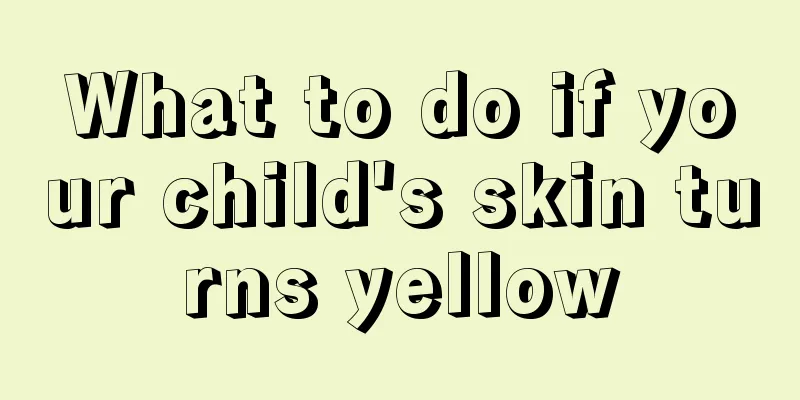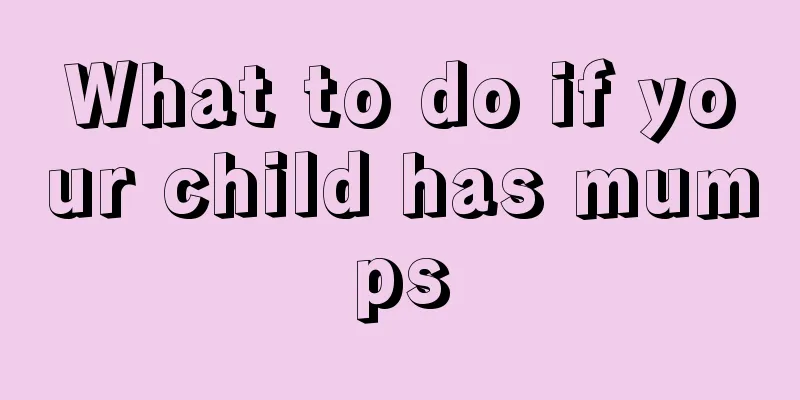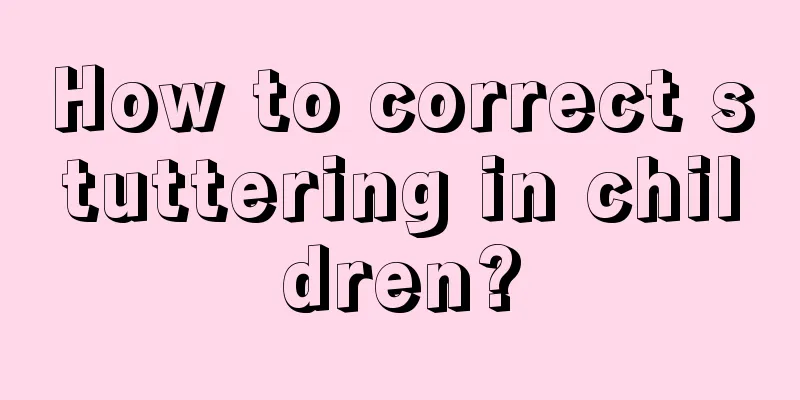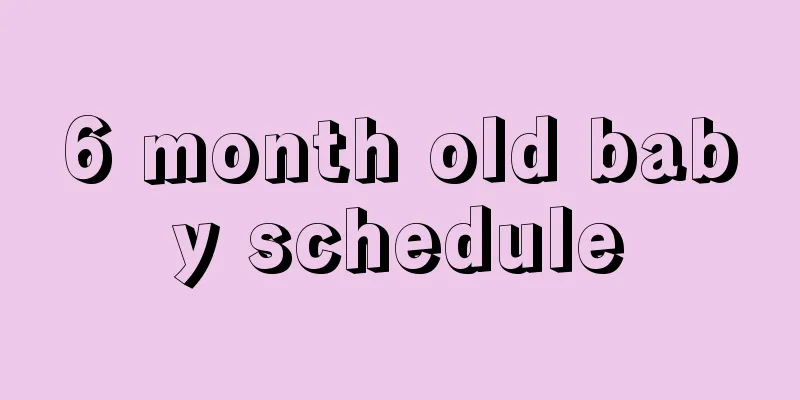The main harm of beating and scolding children
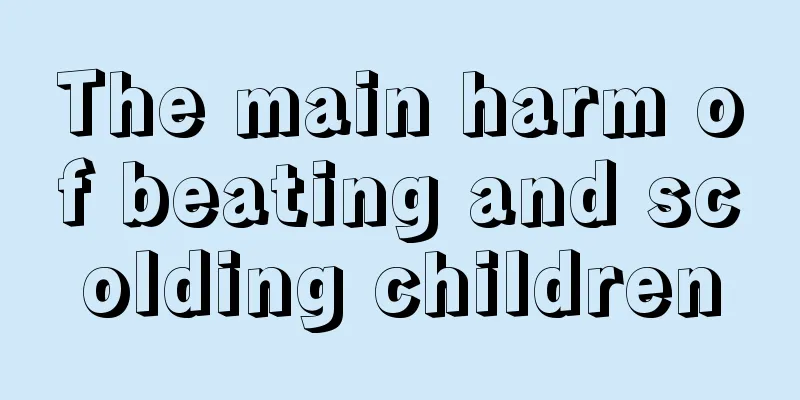
|
Some parents have a bad temper. When their children make mistakes, they will not educate them patiently. They tend to educate their children in a rough manner, often using beating and scolding. This is a very undesirable method and is very harmful to children. It will cause great psychological trauma to children, which may affect their lives and is likely to cause adverse effects on their bodies. The main harm of beating and scolding children 1. Physical Trauma The strength of an adult is far greater than what a child can bear. When some parents are angry, they just raise their hands and hit their children. Some even grab brooms, branches, rulers and other tools nearby to hit their children. If the child admits his mistake with a good attitude, then it's fine. But if the child is "stubborn", then it is likely that the more you beat him, the angrier he will get, and the angrier he gets, the more you beat him, until he loses his mind and cannot control himself. Many family tragedies are caused in this way. Most parents who spank their children are more rational. They believe that children need to be spanked eventually, but the head should not be hit. It is okay to spank the buttocks because the flesh on the buttocks is thick and cannot be damaged. In fact, the buttocks can still be "broken" - in mild cases, the child will have subcutaneous hematoma and nerve damage; in severe cases, the internal organs (such as the kidneys in the waist) may be affected or shock may be caused due to extensive bleeding. You know, a child’s body is very delicate, how can it withstand the palms and fists of adults? 2. Psychological Trauma A young child's nervous system is very fragile. A rude attitude, beatings, scolding or intimidation will cause him to become extremely nervous, fearful, and even cause psychological disorders. 1. Physical discomfort: Some children experience mental stimulation and manifest themselves as physical discomfort. For example, a child may suddenly develop a fever or catch a cold (more commonly caused by fright). Some children will vomit and complain of stomach pain, while others will suffer from loss of appetite, indigestion or even diarrhea. 2. Sense of abandonment: Some parents often use words like “I don’t want you anymore, just throw you away!” when beating, scolding or threatening their children. Don’t underestimate these unintentional angry words, as they may leave deep trauma to the child’s heart. A 3-year-old child clung to his grandmother and refused to leave. The grandmother asked, "What's wrong? Why don't you let grandma do things?" The child cried and said, "Grandma, you want me. I am not my parents' child. I was picked up." The grandmother said, "Nonsense! How can you be picked up?" The child actually said, "Xiaohong's mother didn't beat Xiaohong. She said she was her own baby. My mother beat me and said she didn't want me anymore." 3. Fear: A child cries loudly and becomes nervous every night. He often hugs adults tightly, breathes rapidly, and has a frightened expression on his face. It turned out that his father scared him, saying, "Go ahead and make a fuss. When it gets dark, there will be a monster and let the monster take you away!" At first the child made a fuss, but the father pretended to be a monster and scared the child so much that he immediately became obedient. But since then, the child has suffered from obvious psychological problems. For children under 3 years old, their neurological development is not yet complete, and intimidation or rude attitudes can cause them to have night terrors, excessive tension and fear. 4. Self-abandonment: Even if a child is under 3 years old, if he is often scolded or beaten, he may feel that he is “incompetent” and give up on himself. They could have done something well, but chose not to do it or simply sabotage it. These children may also show indifference and act timidly. 5. Strong rebellious psychology: It is not difficult to find that children who are often beaten are more "stubborn". They refuse to do what their parents ask them to do, and may "refuse to surrender" even when being beaten. Some people think that children are beaten because they are too stubborn. In fact, when they are beaten, even though they are just small children, they will not accept the beating. The resistance caused by this dissatisfaction will be expressed in the form of stubbornness. |
<<: The impact of children being beaten and scolded frequently on their IQ
>>: What is the effect of umbilical cord fungus on children?
Recommend
What should I pay attention to when there are small red spots on my baby's body?
Being a mother is definitely a happy thing, but w...
Baby sleeping with fever
If the child's whole body is hot when he is s...
What to do if a child has a fever due to gastroenteritis?
Many children in their early childhood are very p...
Winter Newborn Care
Autumn and winter are the seasons when newborns a...
What to do if your baby has a viral fever and diarrhea
A baby's viral fever will have many impacts o...
How to treat baby neurodermatitis?
If a baby develops neurodermatitis, the impact is...
What to do if a child has rotten feet?
It is not uncommon for children in some families ...
Can children with intellectual disability be cured?
The healthy development of children depends not o...
Why do children grind their teeth when they sleep at night?
Teeth grinding can be seen everywhere in our live...
Causes and prevention of enteritis in infants and young children
The immune system of infants and young children i...
Symptoms of acute upper respiratory tract infection in children
In fact, nowadays, many parents are busy with wor...
The reason why seven-month-old babies grind their teeth
Babies love to grind their teeth, and mothers suf...
Why do children sweat at night?
Compared with adults, children may have more prob...
What causes poor vision in children?
Many years ago, it was very rare to see people we...
Why is the hair thinning in a seven-month-old baby?
What mothers are most concerned about is probably...
